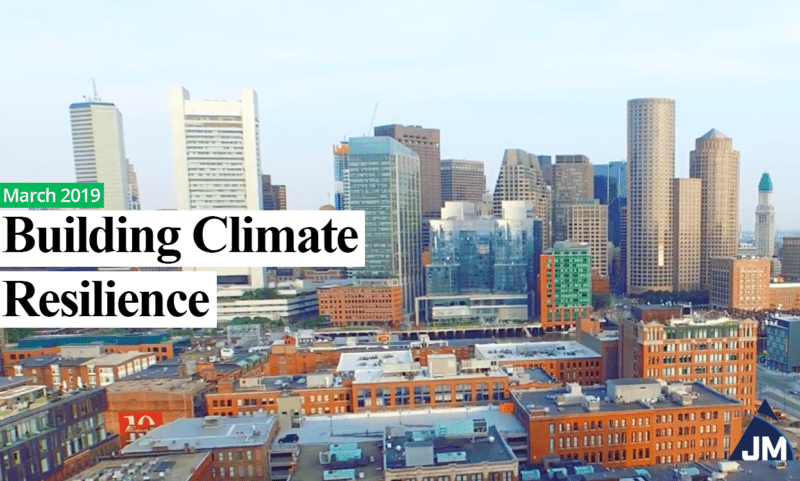The Green New Deal, is a popular topic of discussion which was recently introduced as legislation at this year’s Congress. It represents a comprehensive call for government-led efforts to address the causes of climate change and invest in programs that will help communities fight its detrimental effects. To meet these challenges, the legislation would upgrade infrastructure, revitalize the energy system, retrofit buildings, and restore our ecosystems. According to its proponents, this legislation would cut climate pollution while creating millions of jobs, expanding access to clean air and water, raising wages, and building climate resilience.
In order to successfully implement the climate change and energy efficient mitigation goals of the Green New Deal, which seeks to ultimately achieve net- zero greenhouse gas emissions, the United States would need to deploy cleaner energy technologies, invest in energy innovation, and eventually convert the transportation sector to an electric mode of operation. These changes would help displace traditional fossil fuels — coal in the near term, and oil and natural gas in the decades that follow. The ambitious plan has been criticized for both its goals and approach.
Separately, House Speaker Robert DeLeo has proposed a $1 billion plan to deal with climate change, which has big implications for the construction industry in the Boston area as well.
From our perspective, a number of investments could be made to enhance the energy efficiency of Boston-area buildings.
At JM Electrical, we pride ourselves on integrating innovative energy systems into structures which can significantly reduce a building’s energy costs. So as policymakers debate the various aspects of the Green New Deal, we have taken a look at how this could impact Boston’s development and construction industry:
Renewable Energy
The Green New Deal is designed to help the United States transition to a clean energy economy by investing in smart grids for renewable energy distribution, encouraging energy-efficient manufacturing, and expanding low-emissions public transit. Under this proposal, Boston development and construction would continue to see heavy investment in renewable energy technology such as wind and solar. In many ways, Boston is ahead of the curve with regards to renewable energy, ranked among the top 10 most energy-efficient cities in the nation.
Infrastructure Renewal
The infrastructure renewal aspect of the Green New Deal calls for the upgrade of existing buildings and infrastructure to lower emissions and improve energy efficiency, which includes retrofitting coastal infrastructure. Speaker DeLeo’s proposal aims to put the money into programs at the city and town level, including coastal communities, where many place a high priority on programs that might help counter the impact of rising sea levels.
Green Buildings
The Green New Deal proposes to upgrade all existing buildings in the United States and construct new buildings to achieve maximum energy and water efficiency, safety, affordability, comfort, and durability. In many ways, Boston is at the forefront with energy-efficient buildings and green spaces, such as the Millennium Tower located in Downtown Crossing. Millennium Tower maximizes sustainability benefits with a state-of-the-art building automation system, with 75% of the tower’s electricity generated from renewable energy sources. Additionally, 888 Boylston St. in the Back Bay uses 45% less energy and 37% less water than a typical office building of its size by utilizing a water-fueled chilled beam system which circulates 100% fresh air throughout the building. Solar panels and 14 wind turbines are coupled with other energy-saving features including a green roof, energy-efficient lighting, rainwater harvesting system, and a green wall that highlights the building’s lobby. The Speaker’s new proposal would mandate this practice, leading many Boston area developers to potentially rethink and adjust their practices.
Both the Green New Deal, as well as Speaker DeLeo’s proposal, have spurred a dialogue around energy efficiency. For the Boston building community, this presents several opportunities to grow new service offerings. And as these policies are debated, it will be critical to include the local business community’s voice and priorities in the conversation, particularly as new standards are developed and implemented.
